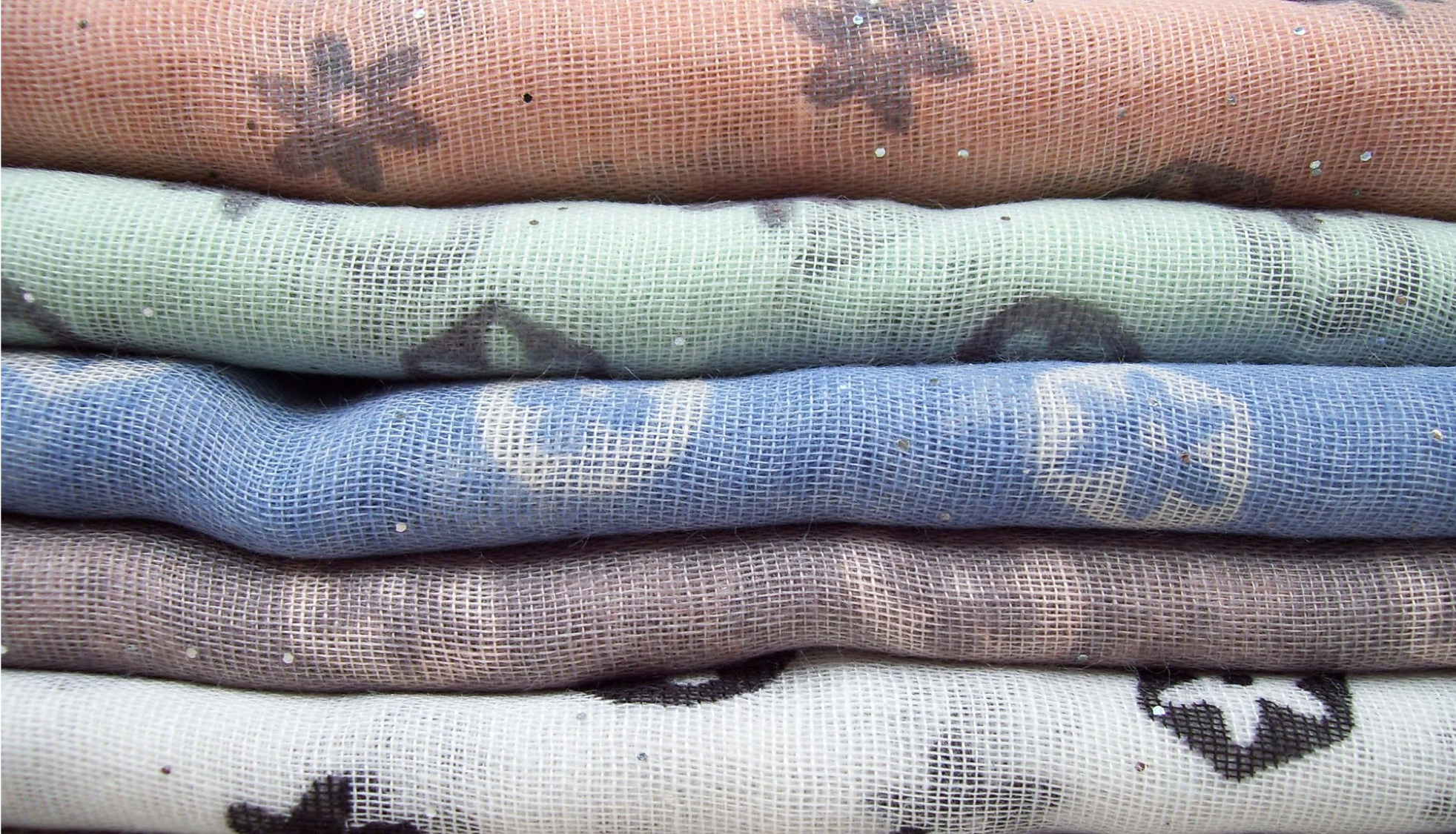Water use, polluting commodities, chemical dyes and poor supply chains mean the demand for fast fashion is affecting the planet, both socially and environmentally. Fashion is the second most polluting industry on earth after oil. To their credit, in response to this and consumer demand, manufacturers and fashion brands are continuing to strengthen and develop eco-friendly, sustainable fashion practices. These include addressing supply chains across global production, developing sustainable materials and reducing waste in production. But how much of this is truly sustainable and how much is clever marketing? Are brands merely ‘greenwashing’ their sustainability claims to appeal to the demand for sustainable eco-fashion? A recent report on viscose from Changing Markets highlights how fashion brands cleverly market sustainability to address their agenda without truly addressing environmental impacts and pressures across the supply chain.
Brands need to take greater responsibility for encouraging and manufacturing actual sustainable fashion. After all, their very business model of fast throwaway fashion is not sustainable. Eco initiatives by these companies have been promoted, but there are still major issues within the supply chain causing environmental and social harm. Brands need to stop ‘greenwashing their marketing claims or overly promoting their eco credentials to fit their marketing agenda.
Fast fashion brands need to end greenwashing
Fashion brands are now keen to be seen to address sustainability concerns in clothes manufacture. The second biggest polluter on the planet, they can no longer ignore this issue. The increase of eco-awareness among consumers also makes it extremely profitable for brands, and this is the danger. How genuine is the impact and drive of brands to address sustainability in fashion, and how much is clever ‘greenwashing’ marketing with dubious aims?
Although they have increased their transparency, fashion giant H&M have been criticised for regular greenwashing. This includes inflating claims to consumers on their worldwide organic cotton use, not changing working conditions for workers in factories and giving key pieces in their ranges a ‘Conscious Collection’ label due to the eco-products used, but failing to address the poor labour conditions in which they were made. Another example of greenwashing is bamboo. Bamboo is often marketed as an eco-friendly material by many fast fashion brands. However, while it’s technically more sustainable than cotton, the production of bamboo uses a high amount of pesticides and pollutants, a fact that does not tend to be mentioned in the marketing material for big brands hailing its sustainability.
Viscose production highlights the impact of polluting raw materials
One stark example of this is a recent Changing Markets report, concerning the production of viscose which really highlights how fashion brands need to do more. Although technically a sustainable product the demands placed by manufacturers of fast fashion means the production of viscose is often harmful. Fashion brands such as H&M, M&S and ASOS already market viscose as a green, sustainable product, but this is not entirely true. The viscose industry is often highly polluting, having a negative environmental and social impact. These impacts include toxic pollution, environmental damage, health impacts from toxins and poor conditions for workers. Brands need to play a key role in cleaning up viscose production by demanding cleaner and fairer viscose production. Global fashion brands can play a vital role in this process by using their massive power to influence change that is truly sustainable, including encouraging closed loop supply, conducting regular audits and only using viscose producers who take sustainability seriously.
Brands need to be more honest in their sustainable fashion marketing
Transparency is a vital tool to create change in the fashion industry, inspiring brands to move towards more eco-friendly business models. These reduce the impact of production at an environmental and social level. But for real sustainability, brands need to become not only more transparent in their production, but also more honest and transparent in their marketing of sustainable fashion to consumers. Eco friendly fabrics and sustainable production are great marketing angles for fashion brands, but brands need to be more honest in the impact of the whole production chain. As well as addressing the whole model of fast fashion being inherently unsustainable, fast fashion brands such as H&M, M&S and Forever 21 need to address working conditions, material sourcing and production and polluting effects of the raw materials used in their manufacture such as with viscose. Currently fashion brands are able to change their sustainability narrative to suit them. Without addressing these parts of the supply chain, a true sustainability claim should be considered as dubious. Although more eco-friendly initiatives and production methods are being developed by fashion brands, until all parts of the supply chain are genuinely sustainable, brands should be more honest in their sustainability claims and marketing.
Textile Consult is a management and training consultancy for textile manufacturers and retailers. Contact us today to see how we can make your business more effective and sustainable.


